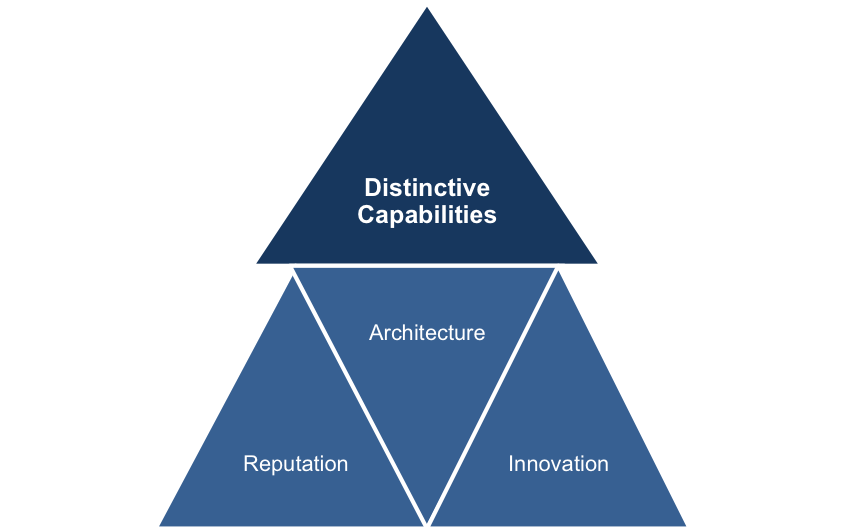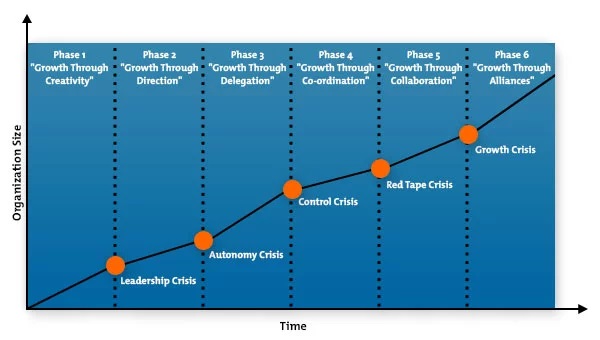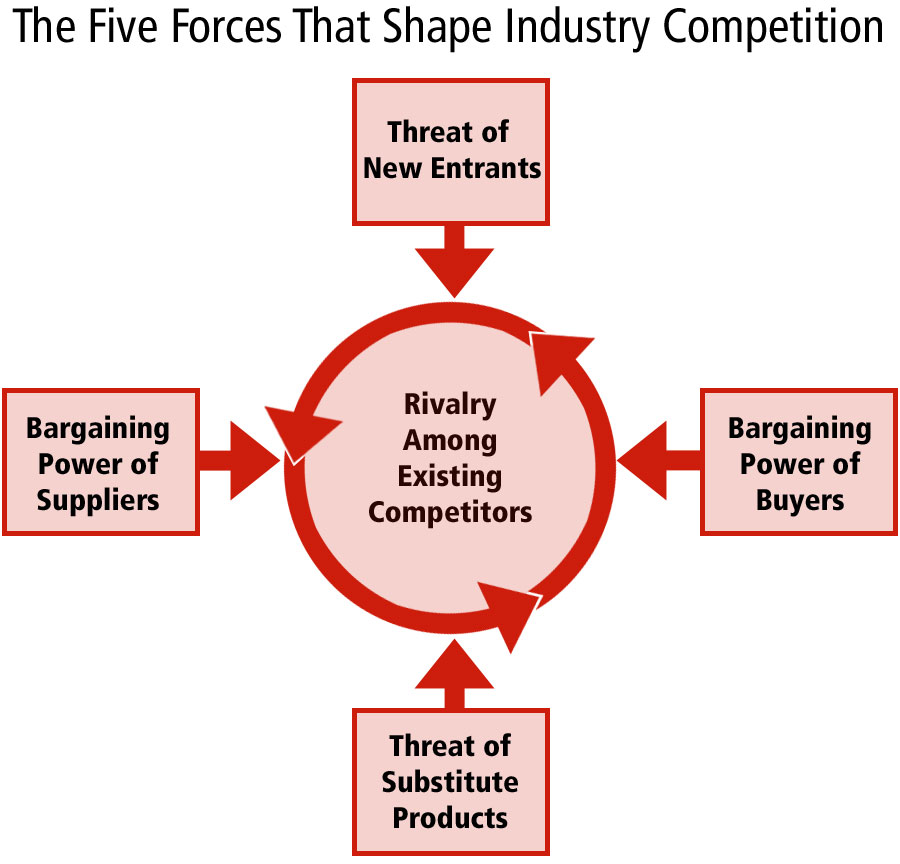7 THE BUSINESS HAT: WHERE IT ALL COMES TOGETHER
As a professional in some discipline your perspective of the business of the organization was limited. You had knowledge of the purposes and objectives of your group but limited knowledge of the organization. As long as the organization was meeting its objectives there was not much reason to go beyond the interests of your group. Your manager filled you in on what was necessary. As a specialist you probably didn’t take an interest in the decisions of upper management unless those decisions affected your working conditions in some way. Only a small percentage of professionals even know the names and contributions of upper management.
Academia, government, industry, and not-for-profit organizations are all involved in some form of business; I use the word business in its broadest sense. Each expects a result from the investment of its resources. Each has or should have defined purposes, objectives, and strategies to reach its objectives. The business of academia is to educate. The business of government at all levels is to provide the social infrastructure. The business of industry is to provide the products and services that meet society’s needs. The business of not-for-profit organizations is to provide those social services that enhance the human condition.
As a new appointee to a management position you will become more closely allied with the business of the organization. The work and actions and decisions taken in your unit will impact other organizational units. You are no longer an island unto yourself. As a manager your responsibility is to open the doors to those other silos and explore their content. Your future and that of your unit depend on discovering what’s in those silos.
You feed those other silos and they in turn feed you. As a manager you determine the feeding schedule. Opening those silo doors will be met with various kinds of resistance. You can’t assume that everyone will cooperate. As a matter of fact, you need to ready yourself for a hard sell. The current managers built these silos and have become comfortable. You’re messing with the comfort zone.
Becoming part of the management team adds additional responsibilities beyond managing the activities of your unit. The six hats previously discussed focused on responsibilities to your unit. As a manager you may be asked to participate in discussions with other organizational units where your professional competence is required. Your announcement immediately gave you visibility that you did not have before. You will also be asked to participate in activities totally unrelated to your unit responsibilities.
These may include a position on some human resource committee; a task force to search for new organizational opportunities; a task force to reduce paperwork; a task force to deal with developing new strategies; a task force to change the project approval process; and any number of other committees or task forces that deal with issues related to the total organization. Don’t scoff at such assignments because they detract from the work related to your unit. But how you participate in these activities gives you an opportunity to set the pace and gain credibility with senior managers from other organizational units. Your level of participation will determine your future.
Moving your unit forward requires exposure to upper management. You can’t hide in the closet. Your successes and failures will be visible. Upper management will know what you’re doing and how your activities affect the bottom line regardless of how that bottom line is measured. To make a business-like impression on upper management you need to know who these people are and where they’re coming from. You need to understand something about how they wish to interact with others. Some may want the whole story; others may just want the summary. Some may want to go into the details, others may only ask what it does for the organization. You’re on center stage and building a reputation. Your actions are building a track record that determines your future in management. Upper management will begin to develop confidence in you as a person and your ability to manage. You’re part of management, so find a way to participate. But
know what you’re talking about. A little study of the issue gives you the upper hand.
The process of building confidence does not imply accepting everything that upper management presents as gospel. But how you react and interact does make a difference. Thoughtful comments will usually be accepted. Upper management often institutes various programs to which you and your colleagues may object and your concerns should be noted. However, merely criticizing a program doesn’t add any benefit and is a waste of time and effort. Identifying and communicating the problems that may occur by instituting the program provides a more thoughtful approach as long as the new approach does not appear to be self-serving. Making an alternative proposal also provides an opportunity to counter any negative impact on your unit but may require too much effort for the expected benefits. So, learn to pick your battles where they provide the most benefit.
Stick to the facts regardless of where they take you. You may complain about the role of politics in the decision-making process. Politics is not a dirty word unless the politics become dirty; character assassination has no place in any organizational setting, becoming personal rather than factual cannot be sanctioned, distortion of information cannot be tolerated, and lying requires serious corrective action. What most people refer to as politics involves what appears to be favoritism. People develop relationships and those relationships often span a lifetime; those relations are often viewed as political. As a young manager you will be very quickly accused of playing politics when you recommend or not recommend someone for a particular position or approve or disapprove a new project. Chances are that you will make those decisions because you choose to select a known quantity. If you have to make a choice between two people for a particular position and both have comparable competencies across the board and the only difference is that at one time you worked with one of the people, which one will you choose? You will probably choose the known quantity. Successful careers require support from others. You can’t do it alone on the strength of your ideas, your commitment, and your character. But don’t play the destructive dirty politics game.
Source : Gerard H Gaynor. 2004







Leave a Reply